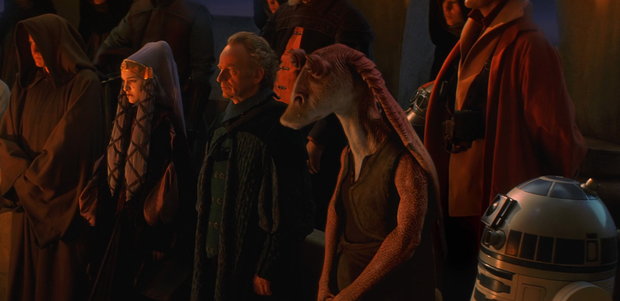90 Day Fiance and Immigration
I would not say that TLC’s 90 Day Fiance is my favorite television program but it’s probably the new television show I spend the most time watching. That’s partially because there’s just so goddamned much of it. It’s not unusual for new episodes to be two hours long and, to paraphrase the old Simpsons line, those are most assuredly not the tightest two hours in the business.
Then there are all of the spin-offs. In addition to 90 Day Fiance there’s 90 Day Fiance: Happily Ever After?, which follows cast-members after they get married, 90 Day Fiance: Before the 90 Days, which chronicles couples that have fallen in love online but have not met in person. That would seemingly be enough for even the most morbidly curious reality junkies like myself but the spin-offs don’t stop there. There’s also 90 Day Fiance: The Other Way, about couples where the American moves to a foreign country to be with their partner instead of the other way around and The Family Chantel, which focuses on 90 Day Fiance standout cast-member Chantel, her husband Pedro and their battling, larger than life and extremely awful families.
90 Day Fiance isn’t just a hit show: it’s a bona fide pop culture phenomenon. When the show debuted in 2014 immigration was a juicy subject, particularly when viewed through the lurid tabloid lens of star-crossed relationships between couples from different countries and cultures and worlds trying to make marriages work against long odds, but it was not central to the cultural conversation the way it is now.
When it comes to immigration, I am the anti-Donald Trump. I’d like to think I’m the anti-Donald Trump in every other ways as well, but I think immigration is great. I love it! I think if people are fleeing oppression and violence we should open our doors to them. We are a nation of immigrants. Diversity is one of our greatest strengths.
That said, 90 Day Fiance does not depict immigration in a particularly flattering light. Part of that is attributable to the nature of reality television. The worse a couple is on 90 Day Fiance, the more likely they are to get major screen time and make it onto other seasons and incarnations of the show.
If a couple is fundamentally loving and solid, and overcomes considerable obstacles to make a nice life together chances are they are going to bore the producers and editors to tears and be featured as sparingly as possible. But if a couple is a hot mess who have no business being together, fight constantly and, ideally, call the police on each other every once in a while, then chances are good that TLC will go out of their way to feature them as heavily as possible. Hell, Chantel and Pedro are so awful, and their families so diametrically opposed in every conceivable way that TLC gave them their own show as a reward for being terrible.
Binge-watching the various iterations of 90 Day Fiance I wonder sometimes about whether the obscenely popular show affects the way people see immigration for the worst. The show is full of foreign opportunists of questionable honesty and authenticity for whom living in the United States is a dream worth any amount of lying, manipulation and callousness.
Yet 90 Day Fiance can’t help but humanize even the most transparently cynical and calculating cast member. That’s one of the unexpected gifts of reality television; it allows us to empathize with people whose experiences and culture may be very different from our own.
Besides, in the complicated dance of seduction that plays out across the various different versions of 90 Day Fiance Americans tend to come off as badly, if not worse, than foreigners looking to make our country their new home.
The desperation in 90 Day Fiance is decidedly two-sided: the American sad sacks and lonely hearts willing to take huge, foolish chances for one last shot at love tend to come off badly as well.
90 Day Fiance goes out of its way to be apolitical. It’s a sordid real-life soap opera full of seedy, outrageous characters but sometimes politics intrudes into the proceedings all the same, like when Jay Smith, a 20 year old black Jamaican playboy ended up in ICE custody after alienating his white American wife Ashley by cheating on her in a barbershop bathroom.
Smith was eventually released from ICE custody but the incident was a bracing reminder of the huge real-life stakes at play behind all the stormy romantic melodrama.
90 Day Fiance is weirdly escapist entertainment considering the hot button issues at play. But sometimes the ugliness of the outside world enters the frame and makes it impossible to see 90 Day Fiance as just another TV show, and not a zeitgeist-capturing phenomenon that recasts one of the most explosive, controversial issues in society as a morbidly fascinating matter of sordid romantic and personal melodrama rather than a political issue.
Support independent media and help ensure a robust present and future for the Happy Place over at https://www.patreon.com/nathanrabinshappyplace
Or, please, please, please consider contributing to the Weird Accordion to Al book crowd-funding campaign over at https://make-the-weird-accordion-to-al-book-a-ridiculous-r.backerkit.com/hosted_preorders




